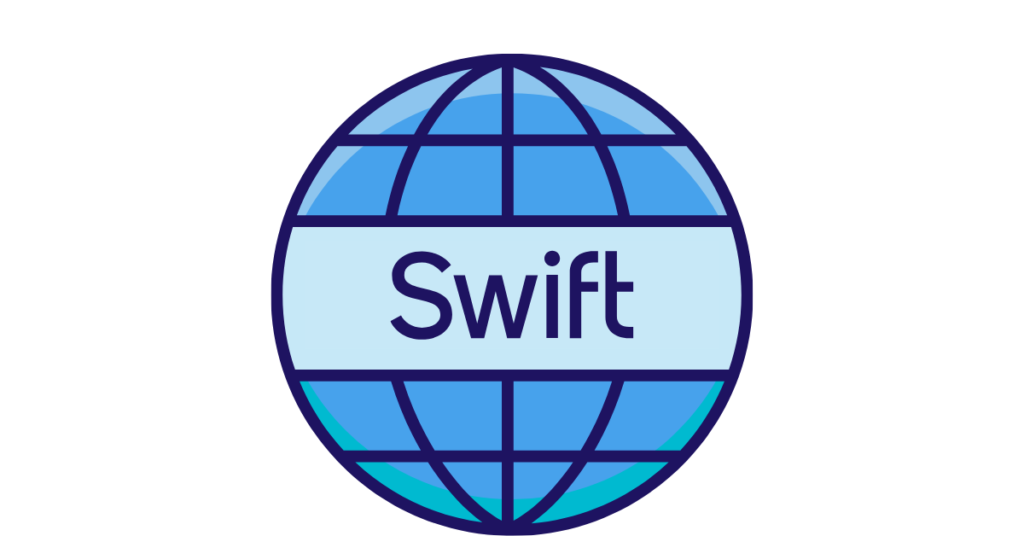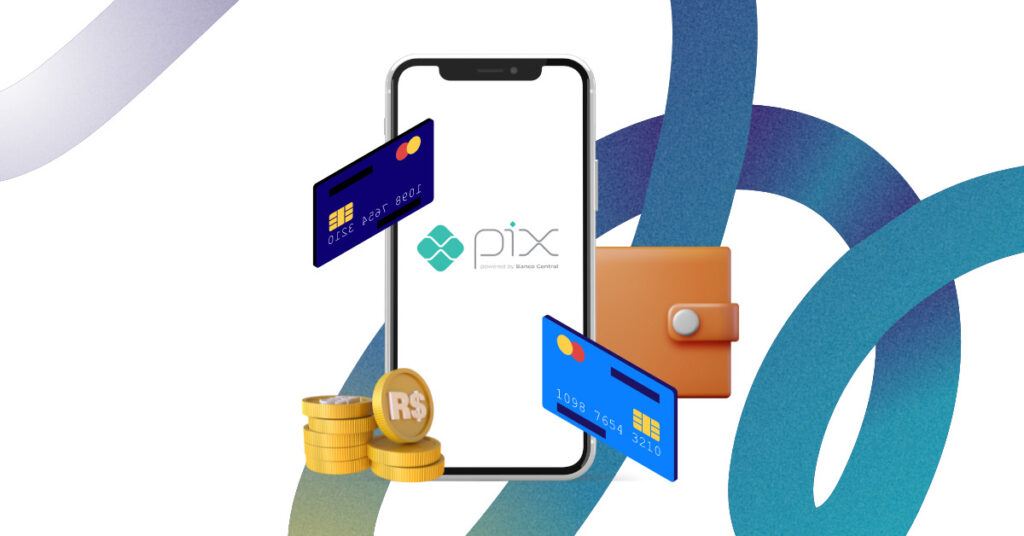Setting the Stage for Innovation
In the intricate world of high-risk financial operations, payment reconciliation is not just a routine task but a cornerstone of fiscal integrity and strategic decision-making. Traditional methods, while familiar, are increasingly being outpaced by the evolving complexities of global finance. Blockchain technology emerges as not just an incremental improvement, but as a radical overhaul of existing practices. This article embarks on a journey to explore how blockchain is reshaping payment reconciliation, offering insights into its transformative impact for high-risk sectors.
Understanding the Challenges in High-Risk Business Reconciliation
High-risk businesses operate in a financial arena where every transaction is a balancing act between risk and reward. The challenges inherent in traditional reconciliation methods are multifaceted:
- Inefficiency and Errors: Conventional reconciliation systems are time-consuming and susceptible to human error, posing significant challenges in maintaining accurate financial records.
- Fraud Risks and Transparency Deficits: The traditional lack of transparency in financial transactions opens doors to fraud, a significant concern in high-risk sectors.
- Regulatory Compliance Complexities: High-risk sectors often struggle to comply with stringent regulatory requirements due to complex financial transactions.

Blockchain: A Paradigm Shift in Reconciliation
More than a technological advancement, blockchain is a conceptual revolution in managing financial transactions offering groundbreaking solutions to these entrenched challenges:
- Enhancing Transparency with Decentralization: Unlike centralized systems, blockchain’s decentralized nature facilitates real-time transaction verification by multiple parties, enhancing transparency and reducing fraud risks.
- Ensuring Data Integrity through Immutability: Blockchain’s use of cryptographic hashing ensures the integrity of financial records. Once a transaction is recorded, it cannot be altered, providing an immutable audit trail.
- Streamlining Operations with Smart Contracts: Smart contracts automate various reconciliation processes, reducing manual intervention and increasing accuracy.
- Simplifying Multicurrency Management via Tokenization: In a globalized economy, handling multiple currencies is a given for high-risk businesses. Blockchain simplifies the management of multicurrency transactions through efficient tokenization.
Navigating Blockchain-Specific Challenges
Adopting blockchain is a journey filled with challenges, but each presents an opportunity for innovation and growth, and solutions are available:
Balancing Immutability and Error Correction
Blockchain’s immutability is a double-edged sword. While it prevents fraud, it also makes it difficult to correct genuine mistakes. However, supplementary systems or “off-chain” records can be used to log errors and solutions without compromising the integrity of the blockchain.
Regulatory Compliance Amid Anonymity
Cryptocurrencies offer a degree of anonymity that can be problematic for compliance with Anti-Money Laundering (AML) and Know-Your-Customer (KYC) regulations. However, certain blockchain networks enable private transactions with selective disclosure features, allowing parties to comply with regulations while utilizing blockchain.
Transaction Costs
Cryptocurrency transactions often involve network fees, which should be considered during reconciliation. Smart contracts can be programmed to account for these fees automatically.
Future Directions: AI and Beyond
The horizon of blockchain in payment reconciliation is ever-expanding, promising a future where technology and finance converge in unprecedented ways:
- Integrating AI for Enhanced Anomaly Detection: This section will delve into how AI can be integrated with blockchain to enhance the accuracy and efficiency of anomaly detection in financial transactions.
- Real-Time Data Verification with Blockchain Oracles: The use of blockchain oracles represents the next frontier in real-time data verification. We’ll discuss how this can further solidify the robustness of blockchain reconciliation.
The next frontier in blockchain reconciliation involves integrating artificial intelligence to flag anomalies, as well as using blockchain oracles for real-time external data verification. These technologies could make the reconciliation process more robust and adaptable to complex financial environments.
Powering Blockchain Reconciliation
Blockchain is redefining payment reconciliation in high-risk sectors. By addressing key challenges like inefficiency, transparency, and compliance, blockchain provides a more secure and efficient way of managing financial transactions. As blockchain technology progresses, especially with contributions from AI and data science, it’s poised to increasingly dominate the financial landscape, setting new standards for payment reconciliation. Understanding these nuances allows companies to fully harness blockchain’s potential, optimizing financial operations for a modern era.
At Capitalixe, we recognize the pivotal role of blockchain in modernizing financial operations. Our suite of bespoke services is crafted to harness blockchain’s robust capabilities, delivering tailored solutions that align with the unique demands and regulatory frameworks of high-risk industries. We pride ourselves on being the navigators in this technological voyage, guiding businesses through the nuances of blockchain adoption and ensuring seamless integration with your existing financial systems. Our commitment is to facilitate a transition that is not just smooth but strategically advantageous, minimizing operational disruption while maximizing the benefits of blockchain technology.
Contact us today to explore how our expertise can elevate your business in the blockchain revolution, transforming your payment processes for a future-ready financial operation.





